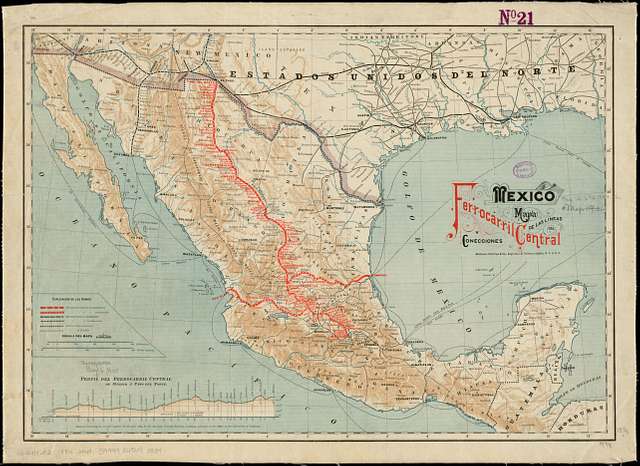Industry News
Mexico Imposes Very High Duties on Some Imports
TweetApr. 25, 2024
By:
David G. Forgue
2024 is a complex year to be in the United States and engaged in international trade. USMCA is under review, Section 301 duties are under review, and GSP is under (apparently) endless discussion. Meanwhile, supply chain delays and nearshoring movements are ongoing. It’s all a lot.

Into this mix now steps Mexico, with a decree raising tariff rates between 5% and 50% across 544 individual tariff lines at the 8-digit level. The decree indicates that the new rates are for two years and apply to articles from countries with which Mexico does not have a trade agreement. There are also opportunities to avoid the tariffs in specific instances in which there are special Mexican sectoral programs. Imports of aluminum and steel products are heavily represented in the increased duties. However, textiles, footwear, wood, plastic and plastic article, chemical products, paper products, and others are impacted. The devil, as always, is in the details.
The rationales for inclusion in the decree are varied. There appears to be a desire to coordinate the treatment of steel and aluminum entering Mexico with the treatment of those products entering the United States. In addition, there is a recognition in the decree that certain industries in Mexico face “situations of vulnerability, derived from practices that alter and affect international trade.” Among other practices, this likely relates to the movement to “nearshore” production in Mexico from China. Because these operations generally intend to use Mexico only for simple assembly and not significant value additions, some observers believe they threaten to injure Mexico’s domestic industries.
So, what’s a company to do that uses Mexico as part of its global supply chain strategy? First, ensure your imports into Mexico are properly classified. The decree is classification-specific with respect to coverage. Second, ensure that the origin is properly captured under Mexican law. Mexico has trade agreements with countries across Europe, Latin America, and Asia that may help importers avoid the increased duties. Third, engage competent professionals to ensure that any beneficial sectoral programs are utilized (and properly documented). If all else fails . . . you may owe additional duties.
If you have any questions regarding your global supply chain planning, including how Mexico fits into it, contact any attorney at Barnes, Richardson & Colburn, LLP.
